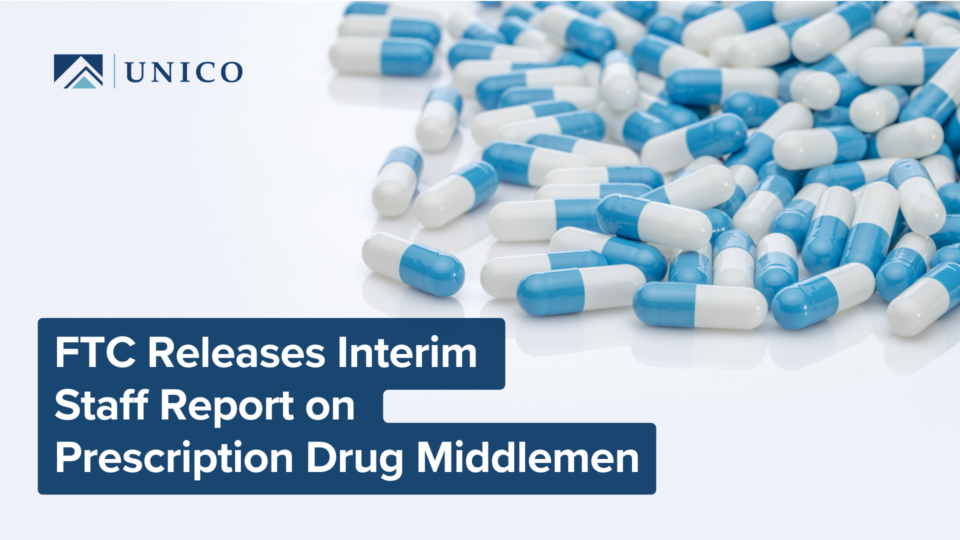94% of malware is delivered by email, according to Verizon’s Data Breach Investigations Report. The heavy reliance on email to communicate and conduct business operations has made email a popular entry point for cybercriminals. Once breached, cyber criminals can access a business’s networks and data.
In the event of a cybersecurity event, organizations may suffer reputational, financial and intellectual property loss. It is of upmost importance for a business to be proactive in cybersecurity measures. Investments made in cyber best practices can protect an organization from a breach in the future. The following email security best practices can help your organization mitigate the risk of cyberattacks:

Improve password management
Recycling passwords makes it easier for cybercriminals to compromise data across multiple accounts. Employees should use unique password that contains a combination of upper- and lowercase letters, symbols and numbers. It is also important to change passwords regularly.
Be aware of phishing emails
Cybercriminals often pose as legitimate senders or spoofed email addresses to steal sensitive information, access operational systems or execute fraudulent payments. Phishing emails often use urgent language that pressures users to take immediate action, like clicking a link, sending payments or confidential information.
Avoid public Wi-Fi
Keep your information safe by avoiding public Wi-Fi. Public Wi-Fi is not secure and can leave your information vulnerable to security threats. Investing in a virtual private network (VPN) can secure an encrypted connection between devices and the internet.
Enable multifactor authentication
Multifactor authentication (MFA) requires the user to enter a short code that is sent to another device, like your phone or secondary email address. MFA adds an extra layer of protection when logging in to your accounts.
Back-up data on a regular basis
It is essential to take proactive steps to protect your data from ransomware attacks. While using best practices for email security can reduce the chances of a breach, it is not a guarantee. Regularly backing up critical files in multiple locations is one of the best ways to minimize the potential damage and disruption of an attack. Make sure to back up your data on physical hardware, as well as on cloud-based storage.
Encrypt emails, communications and attachments
When used properly, encryption can ensure that emails and their attachments are only read and received by the intended person. Email encryption can also help prevent malware attacks by ensuring that cybercriminals don’t intercept sensitive email data.
Utilize endpoint protection solutions
By scanning incoming email that appears out of the ordinary, such as an unfamiliar addresses, misspelled of words or containing suspicious links, endpoint protection solutions filter out those emails before they are received and opened.
Log out of accounts
Leaving email signed in on any device accessible to others can lead to security issues. Unauthorized users could gain access to your information such as usernames, passwords and other sensitive information affiliated with another software or app.
Only use company-approved devices to access email
Unauthorized devices lacking proper email security tools and measures may be vulnerable to cybercriminals. By utilizing only company-approved devices for all work-related communications, you can better protect your information.
Protecting your organization from email-borne threats is critical in maintaining a secure and productive environment. Implementing a comprehensive email security system and training your employees on cyber security best practices, you can help prevent cybersecurity risks and minimize the burden on your security team.
Connect with a UNICO Advisor on additional cyber security best practices.
This Cyber Risks & Liabilities document is not intended to be exhaustive nor should any discussion or opinions be construed as legal advice. Readers should contact legal counsel or an insurance professional for appropriate advice. © 2023 Zywave, Inc. All rights reserved.




